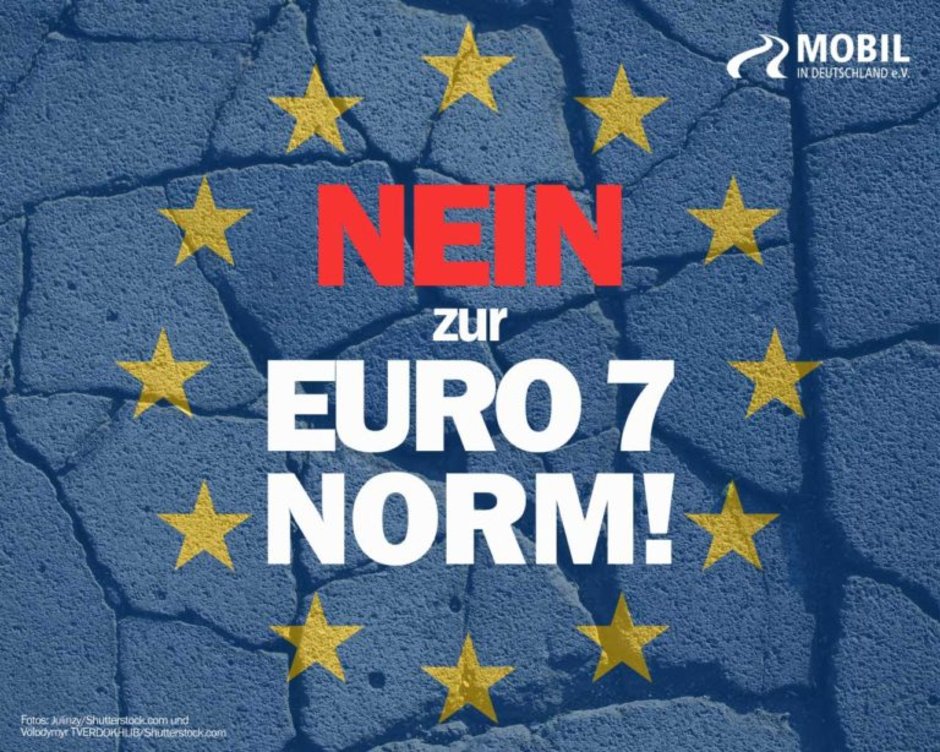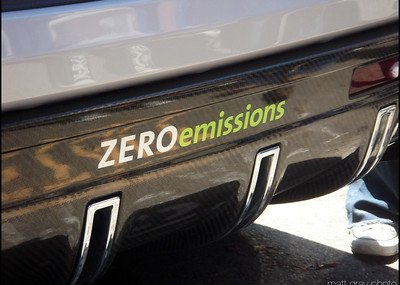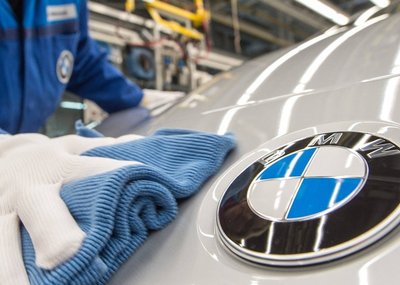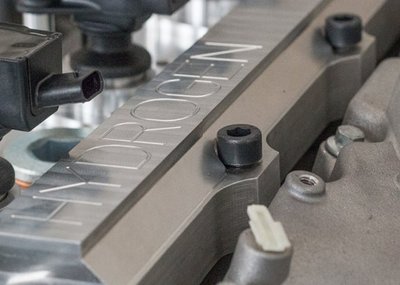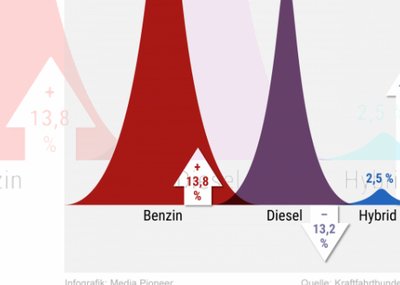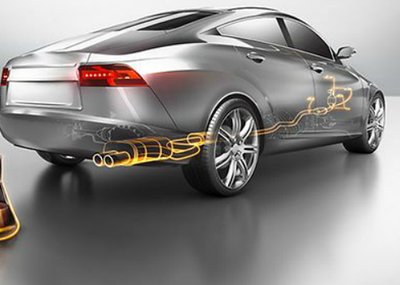The latest proposal by the EU Commission in the field of transport and automobiles was recently reported. It was about the new Euro 7 emissions standard, which is to come into force across the EU from 2025. There was criticism from many quarters. The Automobilclub Mobil in Deutschland e.V. describes the project much more as the "end of the combustion engine" or the "end of our industry". Because this politically wanted end for combustion engines would have dramatic consequences for Germany as a business and industrial location.
The planned Euro 7 standard provides for clearly strict emission standards for motor vehicles from 2025: New vehicles will then only emit 30 mg NOx (nitrogen oxide) per kilometer and, in a second scenario, only 10 mg per kilometer. The current limit is 60 mg for gasoline and 80 mg for diesel vehicles. In addition, the CO2 limit values are to be drastically reduced to 300 or 100 mg, depending on the vehicle category. In addition, the measurement conditions are to be tightened considerably during the Real Drive Emissions Test (RDE) to ensure compliance with limit values. All exceptions previously permitted in the RDE are to be removed, i.e. tests contrary to the real everyday use of most cars in extreme situations (extremely low temperatures, driving at full throttle, driving at high altitudes or towing a trailer).
The Dutch EU Vice-President Frans Timmermans, who has often attracted attention with absurd demands, is in charge of this standard. For example, with his request to ban short-haul flights in Europe. The specified goal of the EU Commission is to reduce pollutant emissions. Dr. Michael Haberland, President of the Automobilclub Mobil in Deutschland e.V., is against the provisions of the new emissions standard: “The Euro 7 standard is an unworldly and disproportionate resolution proposal with emissions regulations that are practically and technically impossible to implement. The air in our cities is cleaner than ever. The current diesel models have improved enormously in recent years and are already efficient and low-pollutant combustion engines. ”As an example, Haberland cites the latest diesel generation, which emits cleaner air at the rear than at the front.
The planned specifications for Euro 7 are technically and practically impossible for the automotive industry - especially not for the combustion engine. According to VDA President Hildegard Müller, the planned permissible values are to be compared with the resting heart rate during sport. But EU Commission Vice Timmermans defends these tightening and is of the opinion that these regulations are kept technology-neutral.
Mobil sees it differently in Germany: “The EU Commission has a policy of prohibition through the back door. A ban on combustion engines to promote the desired electric mobility. Only the local emissions are used as a basis for the limit value analysis - the pollutants and environmental pollution generated during production and energy generation are excluded. It would make more sense if the EU were to deal with alternative fuels that are realistic: e-fuels, for example. This means that every combustion engine could easily drive CO2-neutral. But then there would still be burners. "
The consequences of this new emissions standard would be fatal for industry and business in Germany. Millions of jobs would be at risk: in 2019, over 3 million people were directly employed in the automotive sector in Germany. The needs and needs of the people whose existence is directly and indirectly linked to the automotive industry are being lost from sight. BMW and Daimler are already relocating the production of combustion engines abroad. In Munich alone, 1,400 BMW employees are to be retrained or distributed to other locations.
The Automobilclub Mobil in Deutschland e.V. says very clearly: “NO TO EURO 7 NORM! This emission control is neither realistic nor close to the people, but disproportionate and self-destructive. Because when it comes to this new emissions standard, it is a direct attack on the auto industry. But our key industry is extremely important to our economy and our prosperity. If I want to push a technology, then this technology has to be attractive and competitive. Then people also switch. With coercion and prohibition, I achieve exactly the opposite! ”, Says Dr. Michael Haberland.

